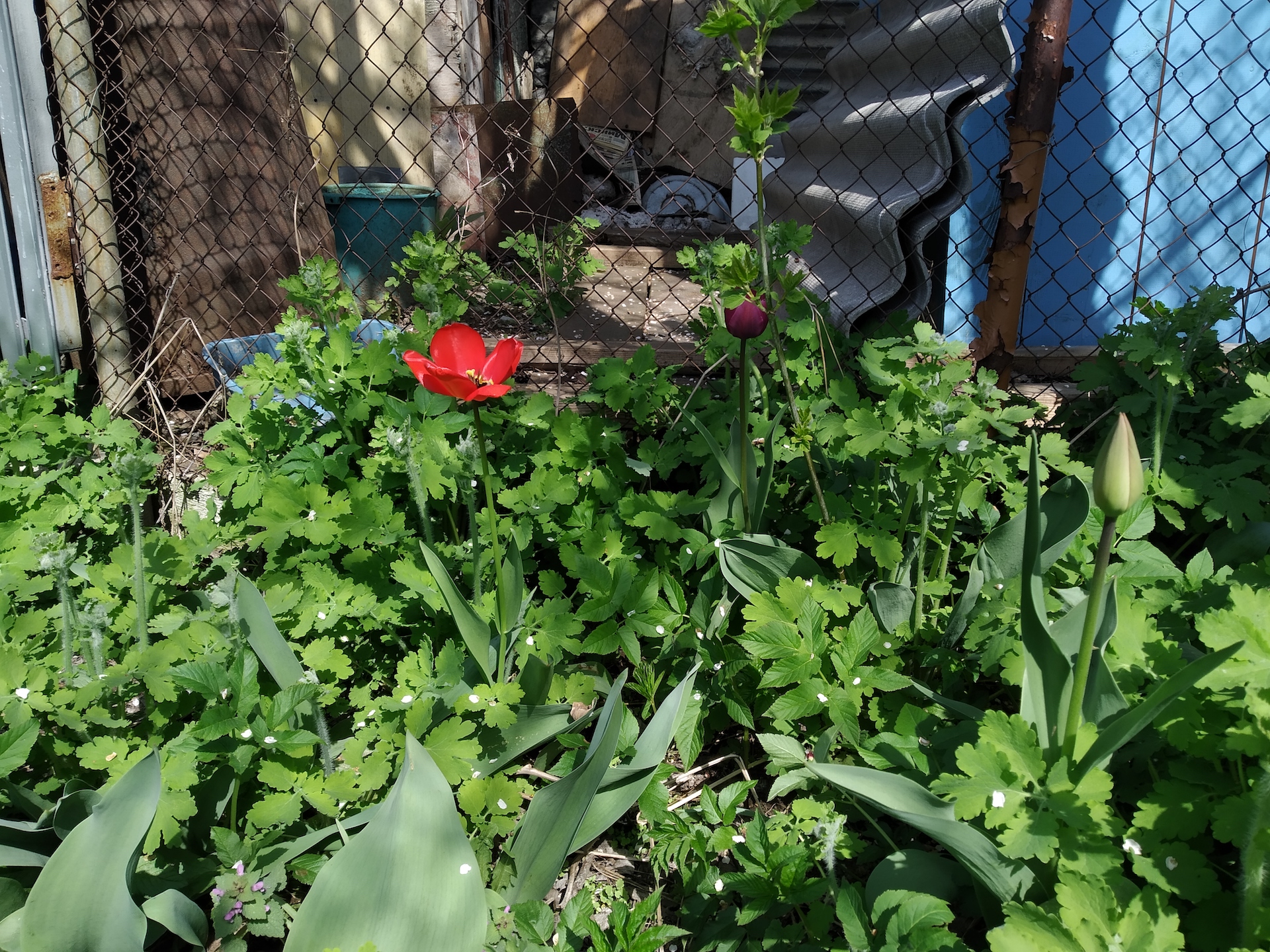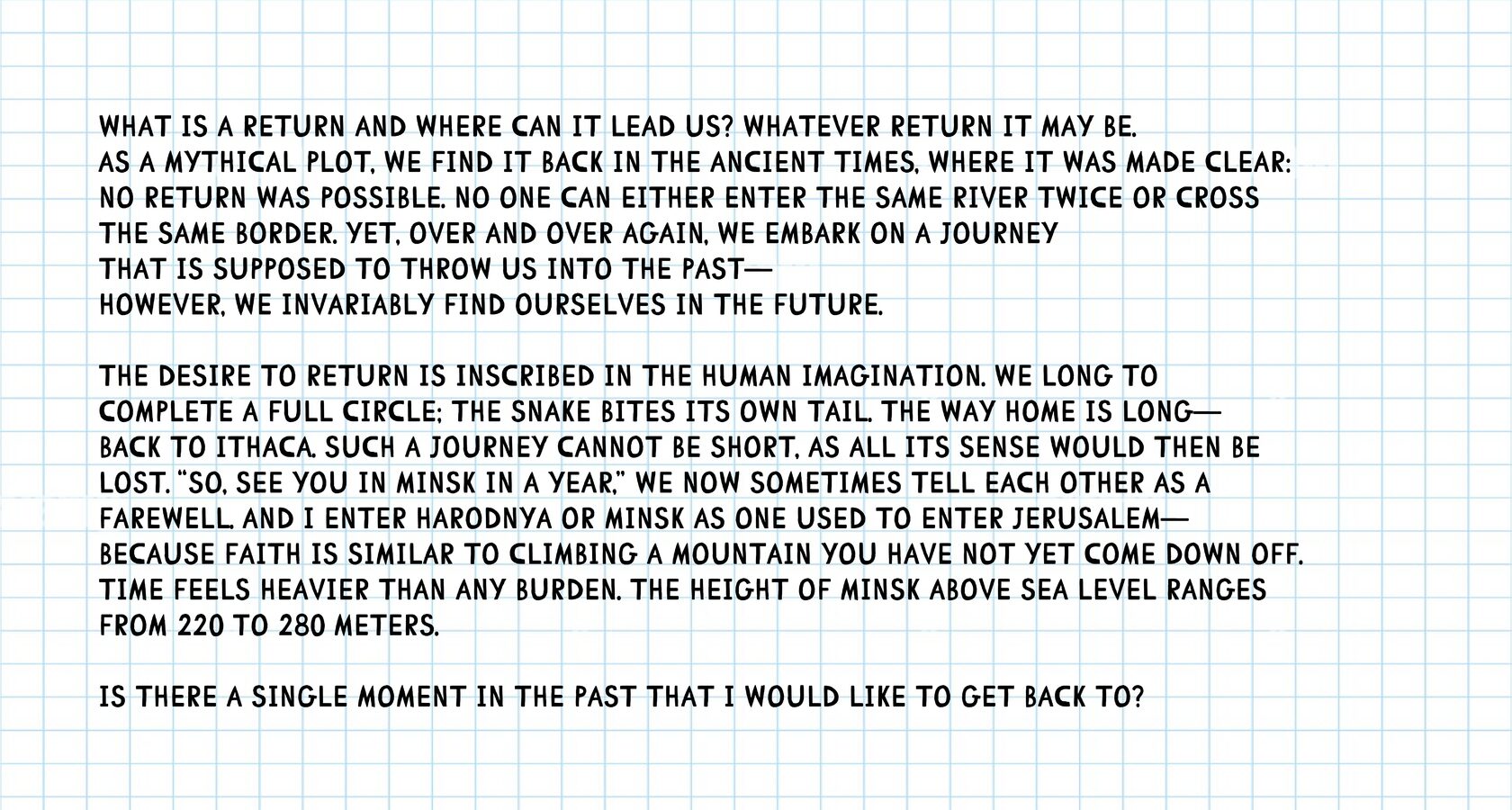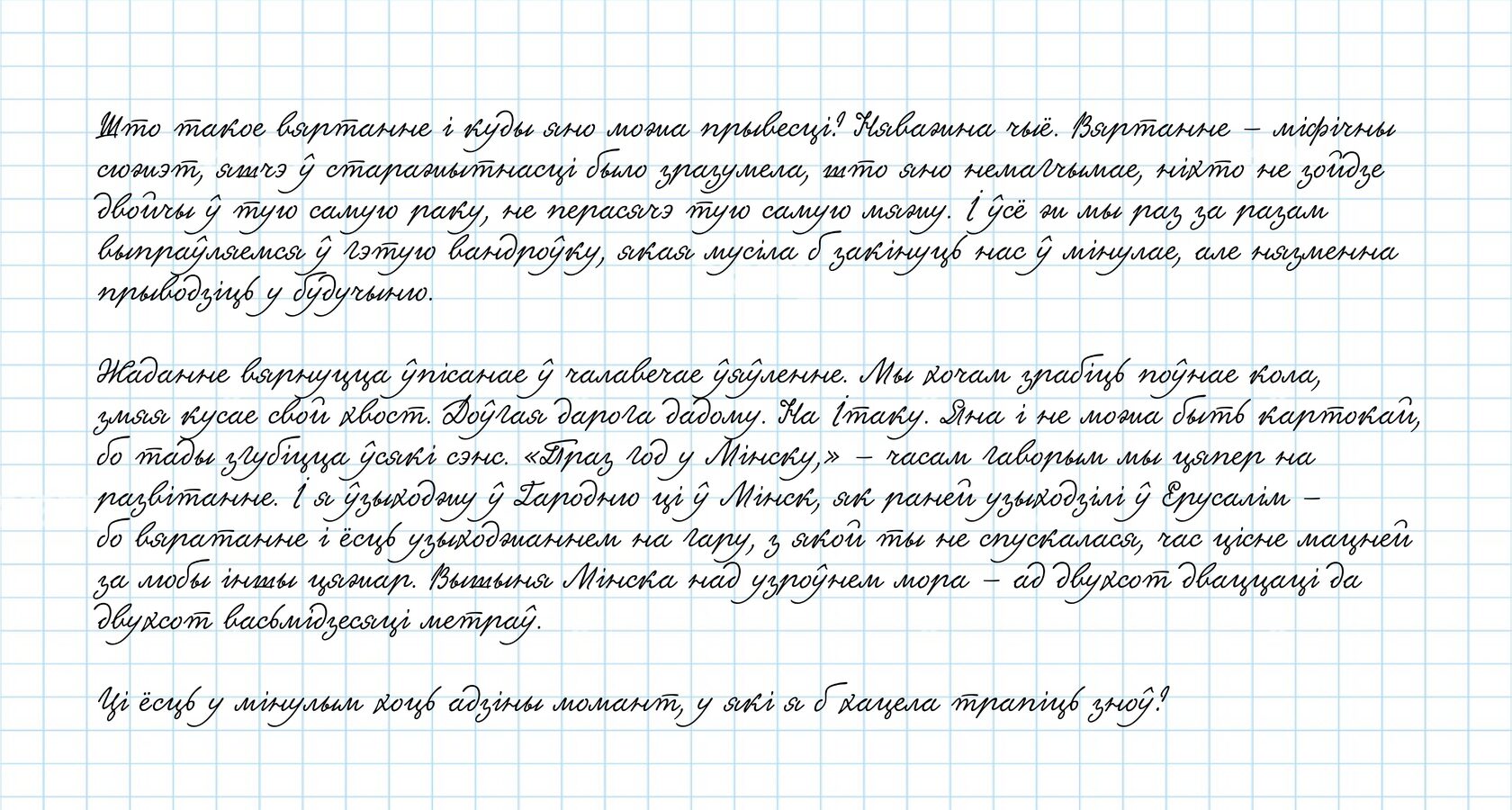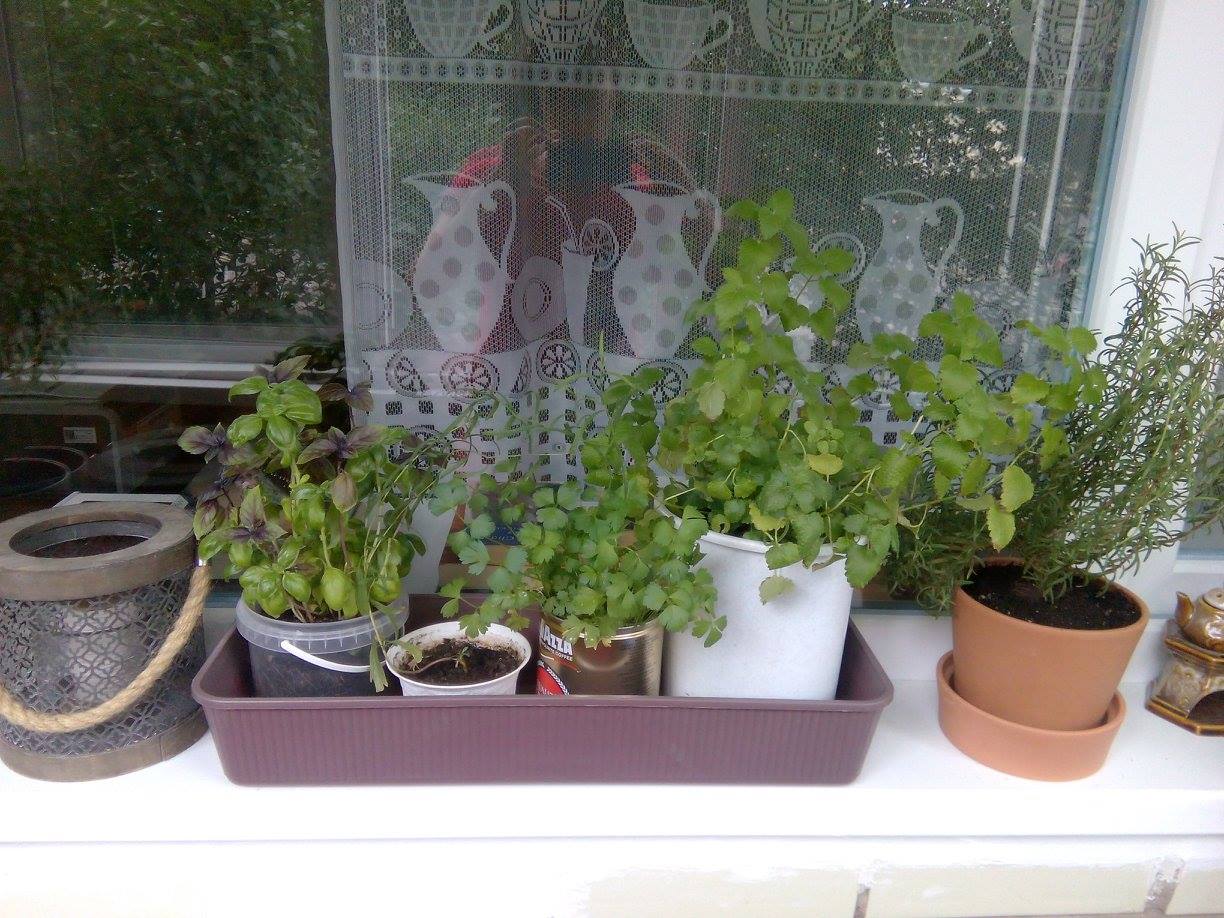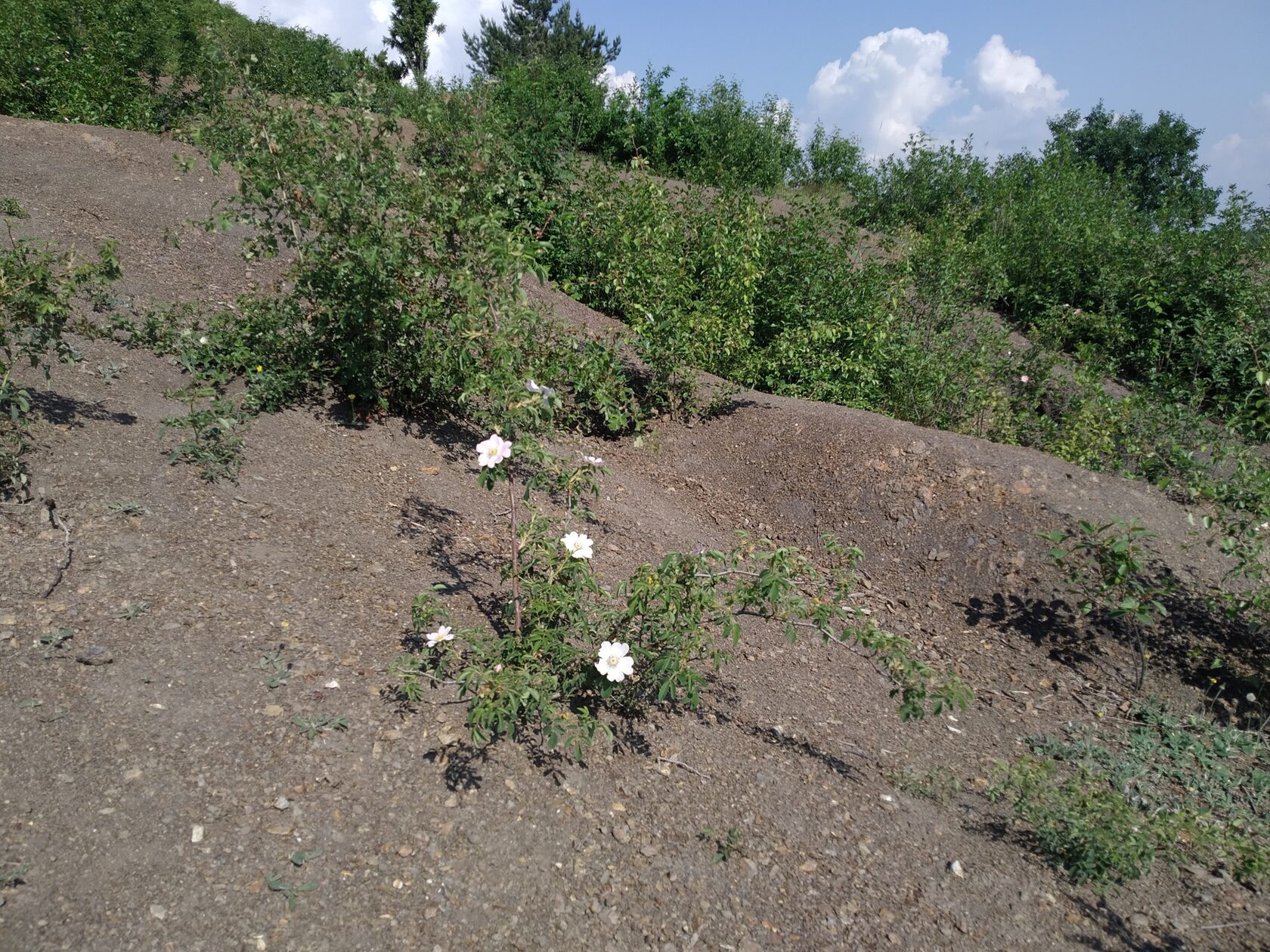– Which Polish words best describe us–those who have found themselves in your country?
My language has many definitions that vary in hostility degrees. Fugitives and refugees, emigrants and expats. Parasites and bastards. Newcomers. And since there are »newcomers«, there should also be »outcomers«. I would prefer being one of those–to start the reverse process, but so far such a possibility is not foreseen.
– It seems that the most suitable word to define the Ukrainians is »uciekinierzy«*–those who run away.
– What about the Belarusians?
– Belarusians are »uchodźcy« **. Missiles don’t fall on your heads, so you don’t make a run for it, you walk. You leave your country one by one.
I reflect on these words and their origins. So, you walk from prison and run away from war. In one case carefully treading, hobbling, plodding–and racing, with all your might, hotfoot, in the other.
But I often notice that in Polish newspapers, and even in talks, another word is used–»guests«. This is a euphemism, and like with any euphemism, there is something unspoken that underlies it. As a guest, you choose to pay a visit, without certain circumstances forcing you. And you can leave someone’s place at any time, if you want.
»Dear Minskers and guests of our city!«
Also, there are economic migrants–those who make up their minds and set off, with no pressure or at least without a rush. I wonder who I am? I didn’t run away from anything and neither did I walk away with a respectable prudent step, but I don’t feel like a migrant, either. There is a lot of debate about whether it is better to leave or stay in Belarus. And it is hard for me to define which side I support; I don’t know if I made the decision to move on my own. I was simply carried away by the flow. Dragged into the vortex by sheer coincidences, which I did not resist.
At first, I thought I would stay out of the country for a couple of months, but life in Belarus was gradually changing, there were fewer and fewer acquaintances and opportunities to do something. I. categorically refused to move himself but supported my decision.
So, now I am living in the moment, planning to visit Belarus for a short time and I still think that one day I will be able to return for good. And it is as if I am waiting for something–without really understanding for what exactly. It’s like I’m preparing for something all the time, in order to be ready later, but this later never comes. And no one has yet figured out which to use to describe us–such »on-hold« people. Or »on-holders«. Those who, like me, left for a short period thinking there would soon be an opportunity to return.
Belarusians scattered along their country’s borders–in Vilnius, Bialystok, or in Georgia (because Georgia now also borders Belarus, in some alternative heaven maps because planes still fly there, and it is open for us visa-free) are waiting. So many times have people left their homes hoping to return there soon. And they never did: there was either nowhere to return or no way to do it.
In my language, the words »uchodźcy« and »uciekinierzy« are translated in the same way, Belarusian is insensitive to such differences. We see no difference between those who walk and those who run away.
* »uciekinierzy« (Polish) comes from »uciec«–escape, run away, flee
** »uchodźcy« (Polish) comes from »chód«–walk, pace, step
(Translator’s note)
